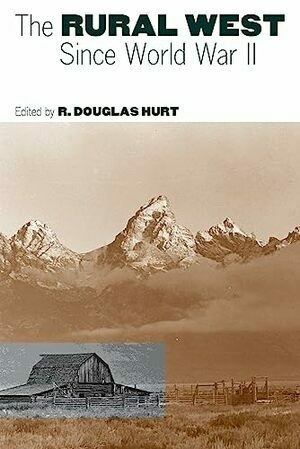
The history of the rural West in modern times is in many ways the history of America. Family farms have vanished and the rise of cities and suburbs have made the West disproportionately urban since World War II. But even though the West may seem less rural today than it was a century ago, agriculture, rural life, and agrarian politics remain inextricably linked to the economy and culture of the entire region. In this new collection of original essays, a team of outstanding scholars—Donald J. Pisani, Paula M. Nelson, David Rich Lewis, and others—survey the changes in farms, small towns, and reservations throughout the West during the post-War era. They offer a fresh look at the major aspects of the rural West's history since 1945, showing how the advent of agribusiness has changed the character of rural life and exploring the ways in which the West nevertheless remains uniquely rural. Some of the essays treat subjects long important to studies of the West, such as the cattle industry, agriculture, migrant labor, water policy, and environmental concerns. Others consider topics of increasing interest: social change, ranch and farm women, and reservation life. Together, they show how rural Westerners continue to make their voices heard in the national debate over major issues, from civil rights and welfare to environmental protection and corporate regulation. The Rural West Since World War II greatly enlarges our understanding of this immense region, as well as its ties to and impact on the nation's political history. The volume will be required reading for anyone interested in rural, agricultural, and Western history, as it clearly shows this familiar region to be more than wide open spaces.